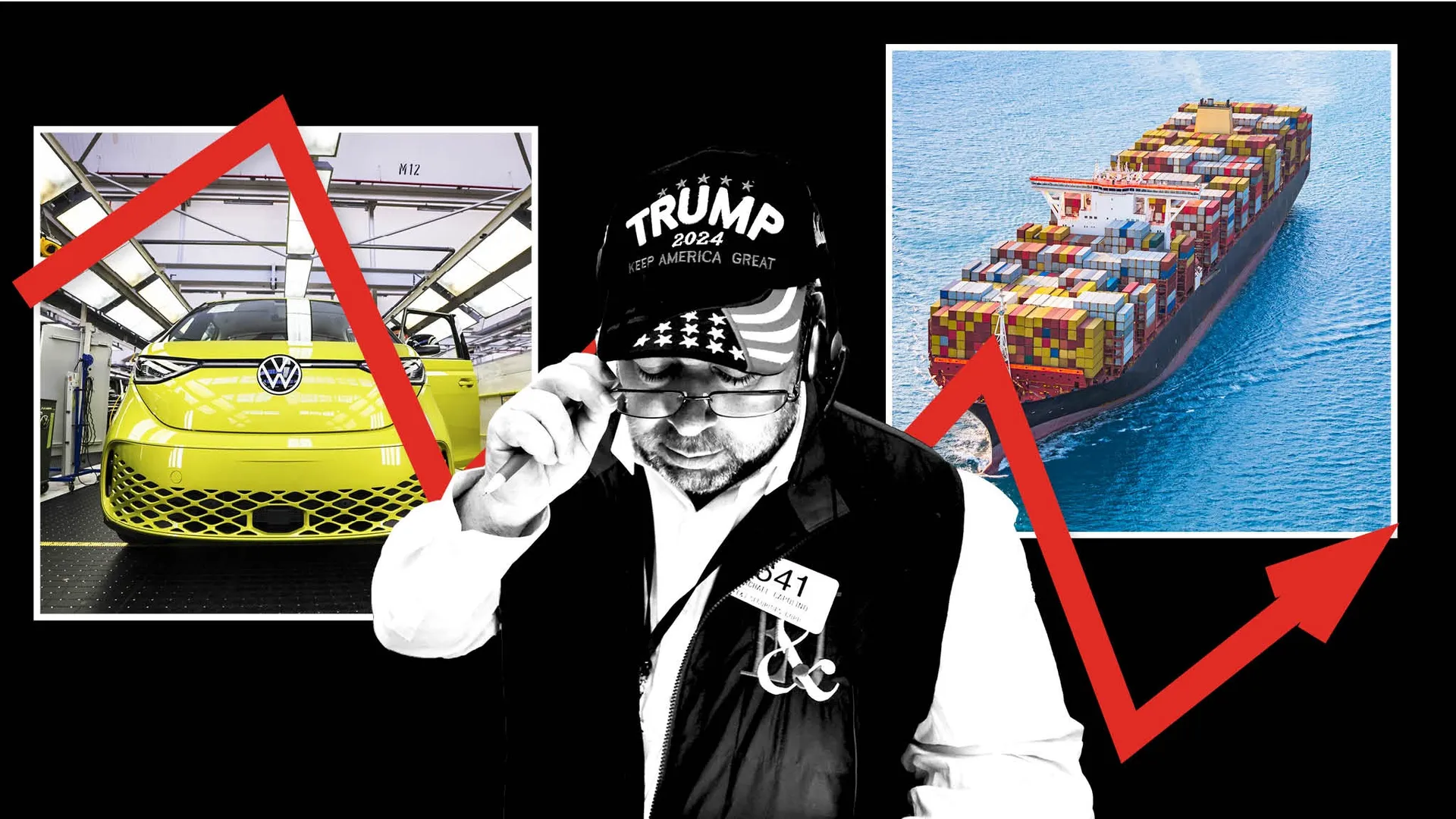
Donald Trump’s election victory has sent a shudder through Europe and Asia as policymakers and executives digested the implications of a US-led lurch towards protectionism.
Europe’s export-oriented countries — led by the region’s largest economy, Germany — are heavily exposed to the US president-elect’s claims that he would tighten trade restrictions and loosen security ties with the US’s allies.
Moritz Schularick, president of the Kiel Institute for the World Economy, described a second Trump presidential term as “the most difficult economic moment” in Germany’s postwar history.
Berlin was “not prepared” to deal with the challenges both in foreign trade and security policy that it will soon face, he said, adding that it would now need to “invest massively” in defence capabilities.
The repercussions for the global economy are neither immediate nor straightforward, however.
Many analysts expect the next president’s vow to make his 2017 tax cuts on corporates and the wealthy permanent to initially boost growth. “Fiscal stimulus might dominate and be a small positive” in the near term, said Innes McFee at Oxford Economics.
US equity markets surged to an intraday high after Trump’s decisive victory, as investors focused on the prospect for lower corporate taxes and deregulation.